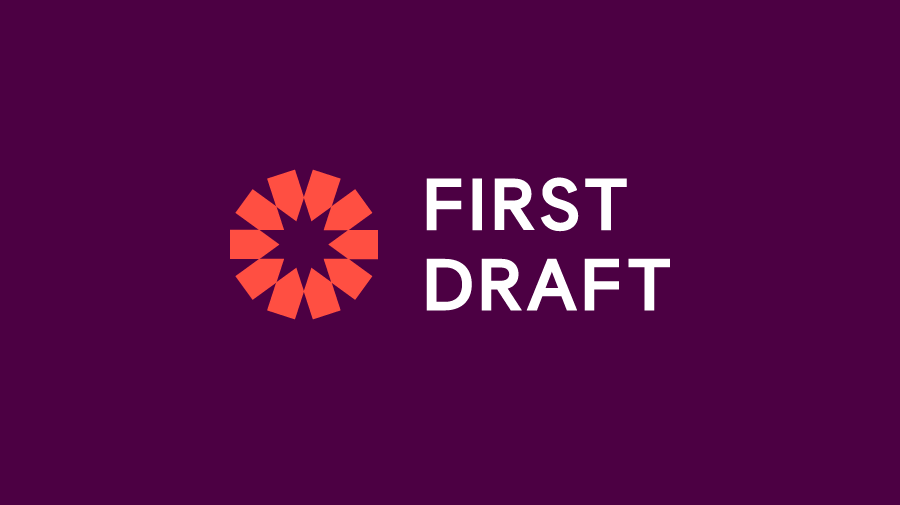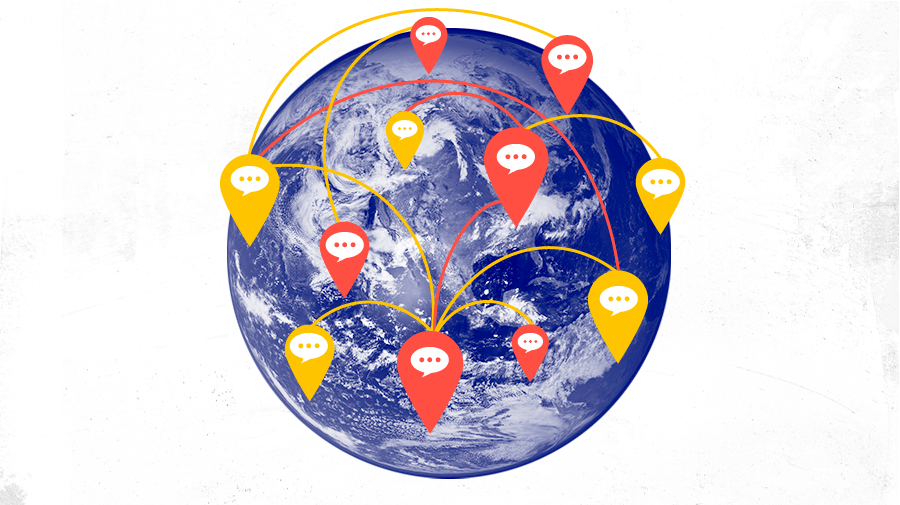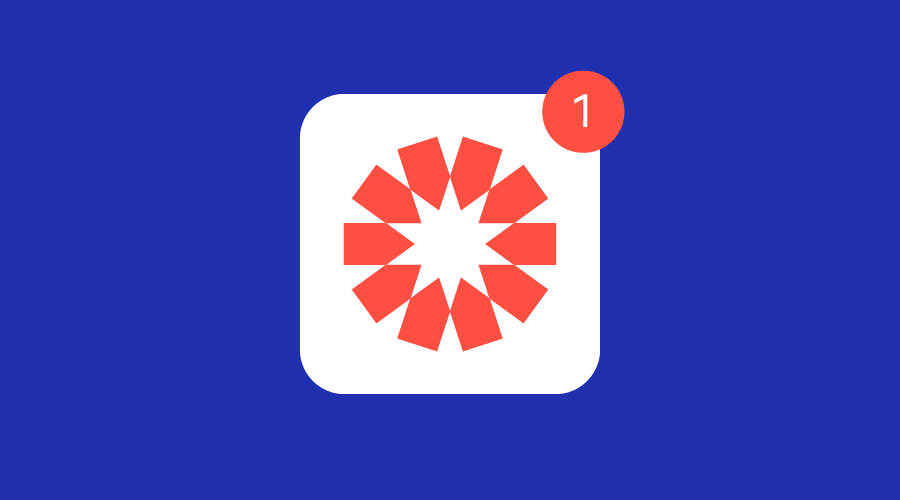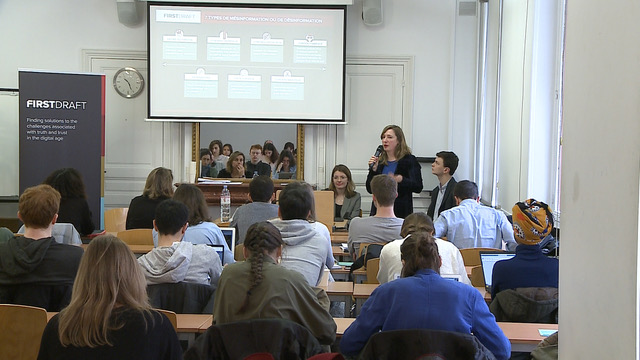- New tools include our first ever SMS course, a free two-week guide to help the public identify and challenge misinformation
- Our real-time election dashboard offers newsrooms and journalists a hub in the run-up to the election
- We have worked with Spotify to offer an essential toolkit to help podcasters avoid disinformation
Central to our mission at First Draft is to support those who are relied upon for accurate, credible information, particularly during critical moments.
In the lead-up to an election, the sheer volume of conflicting and confusing messaging can feel overwhelming.
Now, more than ever, those who communicate to, or coordinate large audiences must feel confident in how they identify, verify, research and report escalating topics and stories that can dominate social media feeds. To protect communities from harmful misinformation, it is essential that everyone with an influential voice is equipped with the knowledge and tools to challenge and counter what is breaking through online.
With less than a month until the US election, First Draft has a raft of free tools and services, each one designed to equip people with the best ways to tackle the spread of misleading, confusing and deliberately false claims and rumors that circulate online and within private networks.
US 2020 Dashboard: Live insights on disinformation
Who is it for? Journalists and newsrooms
This week we launched the First Draft Insights Dashboard, a one-stop page that includes the top trends and topics affecting news and public dialogue. Trending Facebook posts, the five most engaged-with articles from NewsWhip’s Spike, Google’s top trending terms, and boolean search queries on how to surface and monitor this information on the web and social media are among the insights our investigative research team will share daily. When needed, our team will provide critical context around the trending items and what newsrooms and the public are meant to do with this information.
SMS course: ‘Protection from deception’
Who is it for? The public
Our two-week “Protection from deception” course offers free daily text messages providing the knowledge and understanding people need to protect themselves and their communities from online misinformation. During the course, which can be requested in English or Spanish, subscribers will learn why people create and share false and misleading content, commonly used tactics for spreading it, what they can do to outsmart it, and tips on how to discuss it with family and friends.
Spotify toolkit
Who is it for? Podcast creators
As part of Spotify’s “Play Your Part” campaign in the lead-up to the US election, we’ve collaborated with the streaming service and produced a toolkit for its podcasting community. With the aim of helping podcasters dodge disinformation, our toolkit helps promote good practice against the spread of dis-/misinformation to podcast listeners.
Misinformation Update – Weekly newsletter
Who is it for? The public
For those who want to receive timely examples of what our investigative research team sees, we are launching a weekly newsletter. Sent to subscribers every Friday until Inauguration Day, January 20, it will contain two to three “pre-bunks,” or content trends that are happening, explain why and where they are happening, and advise what to do when confronted with a related item online.
Misinformation Twitter feed
Who is it for? Journalists
Our US team tracks social media every day to prepare updates and alerts for journalists reporting on the election. We monitor ongoing narratives, conspiracies and coordinated efforts to manipulate the media, add context where we can, and explain origins and tactics. As our work ramps up, we have created a private Twitter account for journalists to keep up with our work in real time.
All of this work would not have been possible without the generous support of the Google News Initiative and Craig Newmark Philanthropies.
“We are so grateful to have the resources to bring training and support to newsrooms and the public through Craig Newmark’s generosity and commitment,” says Claire Wardle, First Draft co-founder and US director. “Those who attend our training are better equipped to understand the information they see online.”
And finally, thanks to our other funders who have supported us throughout the year on our planned election efforts: The Newton and Rochelle Becker Charitable Trust, Democracy Fund, Ford Foundation, Klarman Family Foundation, Knight Foundation, Media Democracy Fund, Open Society Foundations, Bernard and Anne Spitzer Charitable Trust, Swiss Democracy Foundation.
Stay up to date with First Draft’s work by becoming a subscriber and following us on Facebook and Twitter.






